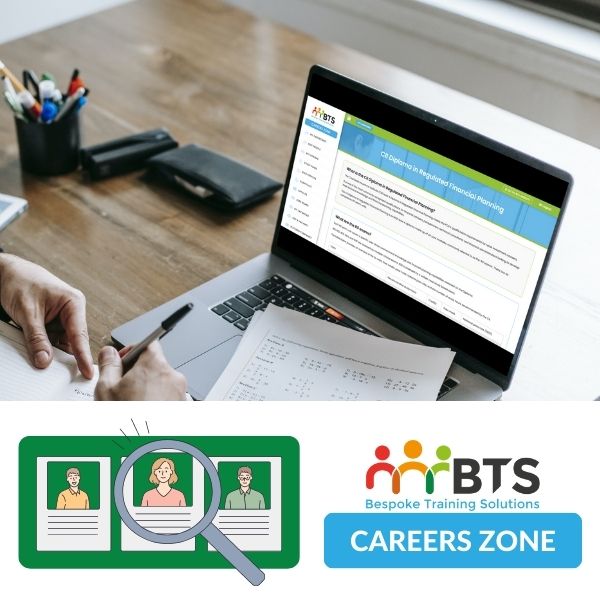Did you sit the February R06 exam? Struggling to understand why you didn’t pass?
The questions asked on the February exam were pretty standard fare, many candidates wrote a lot down in their answers and came out of the exam feeling pretty confident that a pass was ‘in the bag’.
Then came the results and for those that did not pass, feelings of shock and disbelief. Questions and thoughts have been whirring around in these candidate minds, such as:
- That computer cannot have saved all my answers…
- The CII must have confused my fab answers with another candidate’s…
- I was expecting a distinction, how could I have not passed?
- The paper must have been very harshly marked!
To help candidates make sense of their results, BTS are writing a series of posts over the next week to try to show candidates where they may have gone awry.
Let’s start with this one relating to case study one, Andrew and Carrie:
‘Identify the factors, relating to Andrew and Carrie’s current circumstances, that should be taken into account by a financial adviser before recommending suitable protection products.’ (10 marks).
The key words in this question are relating to Andrew and Carrie’s ‘current’ circumstances. Yet, how many candidates out there put down a generic list of factors such as age, health, employer benefits, DWP benefit eligibility?
The question was looking for factors relating to Andrew and Carrie’s specific protection situation, such as that Andrew is the main breadwinner, Carrie works part time, Andrew has 4 x death in service and no sick pay via his employer…
This is a classic example of where a candidate can write shedloads down and get zero marks, as they have not answered the question they were asked.
BTS top-tips…
- Stop before you type anything.
- Identify the key words in the question stem, plan your answer, don’t just dive in as you then run the risk of writing lots down but not the right stuff!
There’s still time to book on the BTS R06 workshop for the April exam sitting. This two-day workshop will take you through a deep-dive into each of the April case studies, helping you to anticipate possible questions, plan your answers and practise writing these, all with feedback and discussion from the expert BTS facilitator.
If you can’t attend the workshop, get yourself a copy of the BTS Case Study Analysis, due for release on Tuesday 6th April. This will include as many potential questions that the experts at BTS have been able to identify from the exam case studies, including suggested answers and crib sheets on relevant technical areas (attendance on the workshop gives delegates access to this analysis as part of their booking fee). Look out for the Case Study Analysis e-Learning module in the BTS shop from 6th April.












